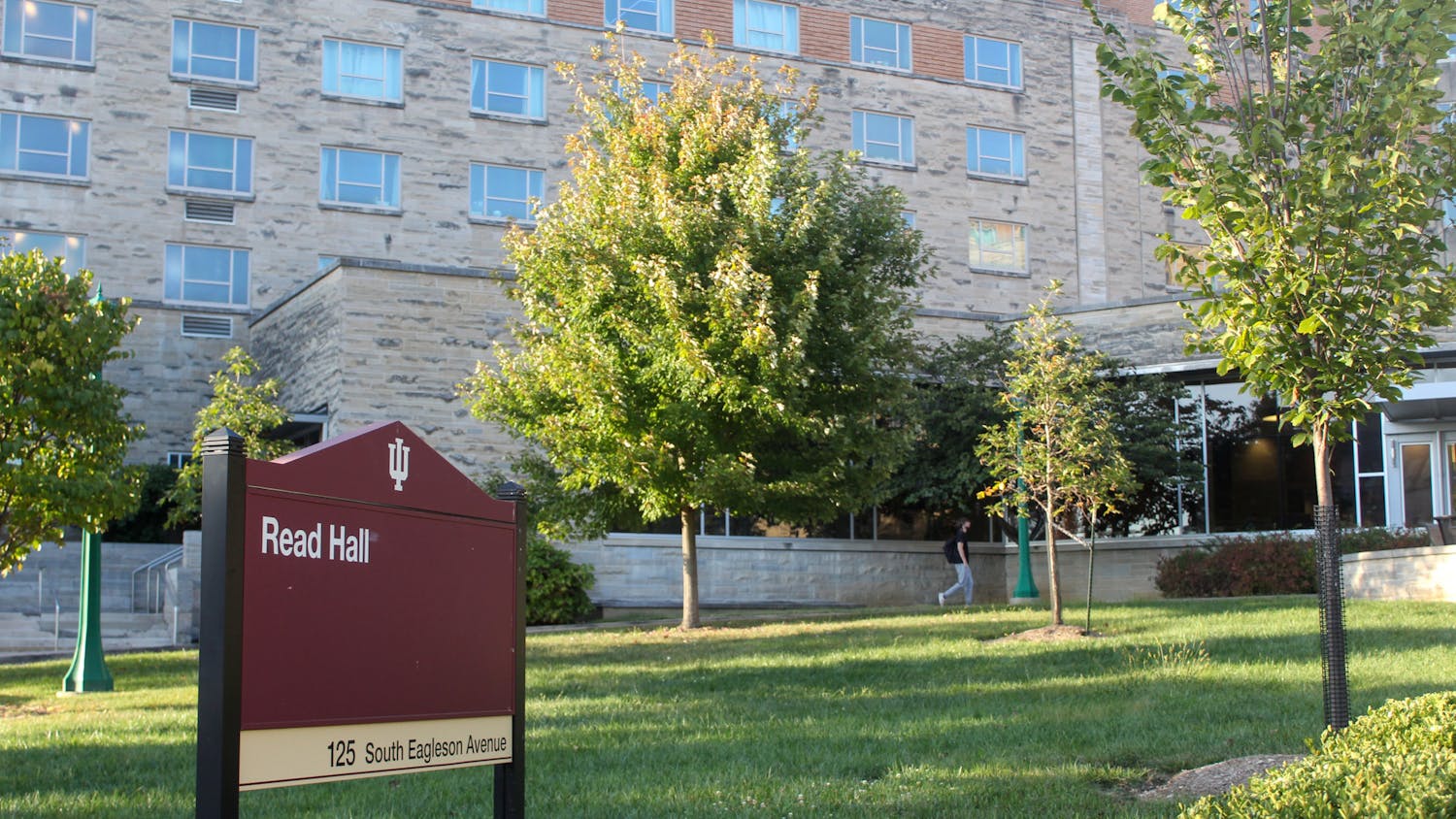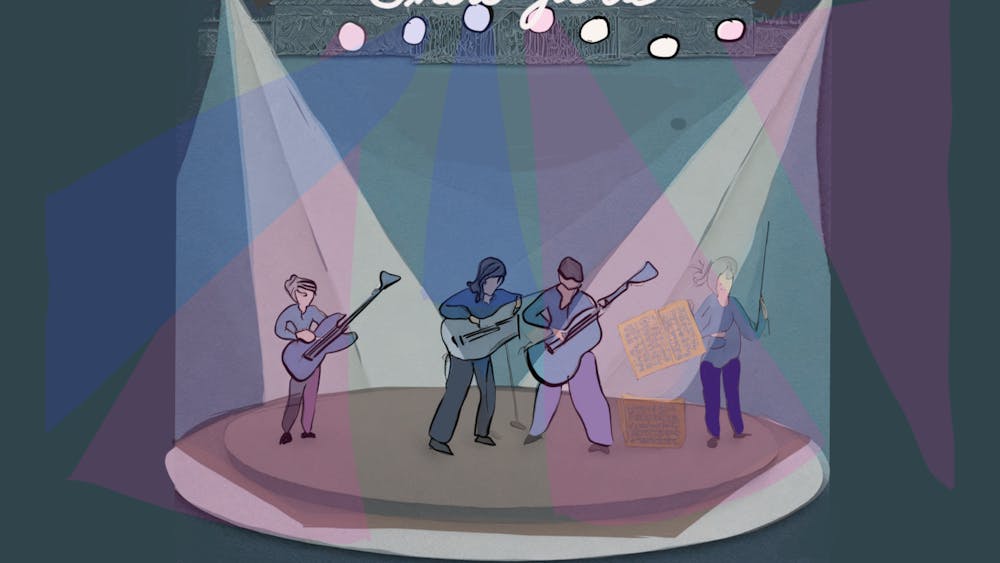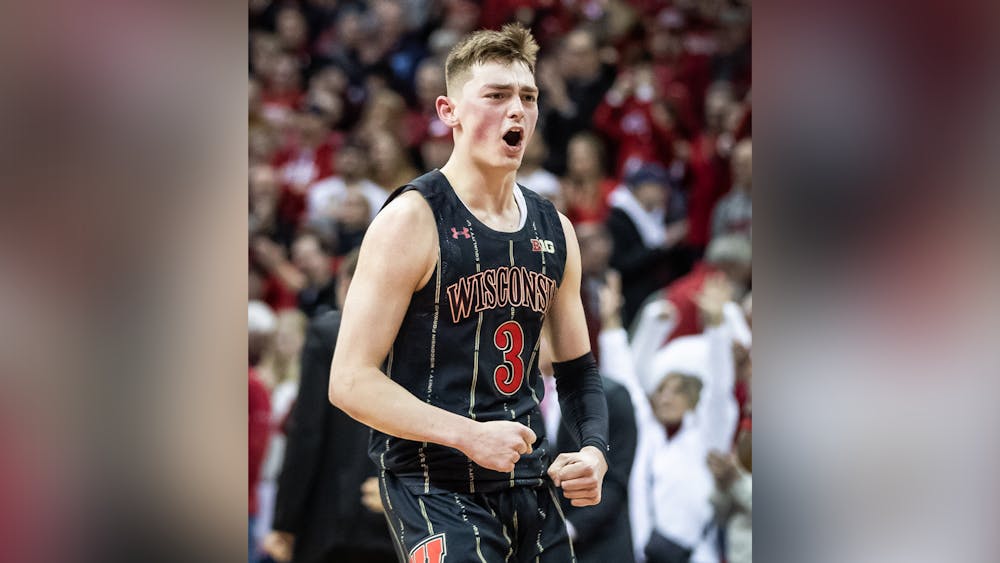More than half of the quiet audience at the Mathers Museum of World Cultures event raised their hands.
“Now, how many of you who drink coffee actually know where it ?comes from?”
No hands were raised this time.
Tucker has spent a large portion of her career in anthropology examining the social effects and significance of coffee around the world. Coffee is a major commodity that ties the world together, Tucker said.
“I began studying coffee when I was in Honduras,” she said. “The poorest people in the area started growing coffee beans, and as it thrived, it made a significant change to their lives. Most of us drink it. I’m here to show how coffee ?connects us.”
Tucker maintained that coffee ranks second in the world for global commodity, behind crude oil.
Because it is produced in tropical countries, such as Brazil, Vietnam and Colombia, coffee requires a constant temperature of 70 degrees Fahrenheit to thrive.
In addition to its production, Tucker emphasized the importance of the trade and distribution ?of coffee.
“For most places that sell coffee, it’s usually the least-expensive ingredient they have,” she said. “However, there are a lot of people in the world who can’t afford to buy it. For those who are able to, the option to buy fair trade coffee rests on them.”
Tucker said fair trade coffee is the best purchase both economically and environmentally.
“If you see the 100 percent fair trade label on your coffee, it means those producers are committed to operating in a democratic manner, and the things they sell go through a decision making process to make sure they don’t violate their ?principles.”
Hoosier Fair Trade, IU’s fair trade representative, had a station at the event to take the discussion further and to offer free samples.
“We’re here to help compliment professor Tucker’s presentation,” Hoosier Fair Trade representative Macaira O’Connell said. “Hoosier Fair Trade’s mission is to raise awareness about fair trade in general, and this is a great opportunity to help.”
The United States, she said, is the world’s largest ?consumer of coffee.
“Here in the U.S., we consume over 20 percent of the world’s coffee supply,” Tucker said. “Behind us is Japan, consuming 6 percent.”
Tucker provided the audience advice on how to approach and purchase coffee, while keeping in mind the environmental benefits their coffee selection might offer.
“Look for shade-grown, 100 percent fair trade component coffees,” she said. “Find out where your coffee comes from and learn about how our consumption influences producers’ decisions.”
Tucker said that being aware of where coffee brands come from is an important part of being a smart ?consumer.
She closed her presentation with a final tip.
“The best thing you can do is to continue to be aware of the choices you are ?making,” she said.
“We aren’t just connected with coffee, but all things we buy. Our choices do make a difference.”





